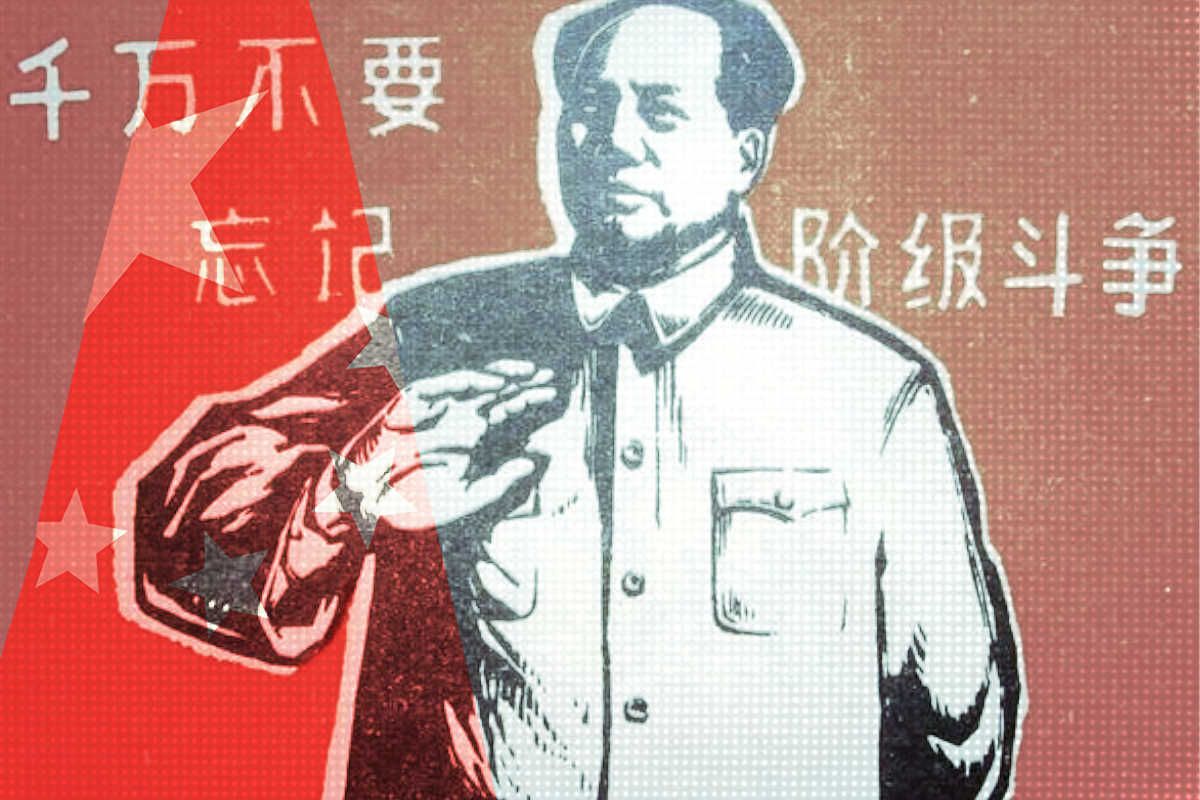Headlines and Hashtags
Chinese leaders intensify propaganda orders and jargon of control in run-up to 17th Congress
As a general rule the atmosphere for Chinese media grows more restrictive in the run-up to key political sessions. With China’s crucial 17th Party Congress just two months away (specific dates yet undetermined), propaganda authorities are readying themselves to keep a tight grip on public opinion. The tools at their disposal: abstract theoretical communiqués and concrete orders and bans.
In dense Communist Party jargon, propaganda department head Liu Yunshan (刘云山), also a politburo member, reminded party members in a speech last month (published in the latest issue of Building the Party magazine and excerpted on the Web yesterday) that:
As the 17th Party Congress approaches, publicity preparation in anticipation [of the session] also enters a new phase. We must, in accordance with the demands of the central party, push ahead with basic work on a number of fronts. The overarching idea is to: cleave to Deng Xiaoping Theory and the “Three Represents” as guiding ideologies, to further, see through and realize the scientific development view, being careful to maintain a high degree of uniformity with the central party under Comrade Hu Jintao as general secretary, making sound preparations for the 17th Party Congress our primary political duty …
The close of Liu Yunshan’s ponderous preamble — also thick with phrases like “singing the main theme”, “maintaining correct guidance [of public opinion]”, and “promoting social harmony” – contains the overarching point: the need to “create a desirable theoretical environment, public opinion environment, cultural environment and thought environment in society in order for the party’s 17th Congress to open victoriously” (为党的十七大胜利召开营造良好的理论氛围、舆论氛围、文化氛围和社会思想氛围).
The bottom line: intensified CONTROL.
Liu Yunshan’s words are the external face of the propaganda apparatus, the one you can find readily in state-run publications and on the Web. In terms familiar to the initiated, it says, essentially, that cadres all need to step in line with the top man, Hu Jintao, and keep a lid on things during a politically sensitive time in order to maintain a firm grip on power.
The view from the inside is more direct, and is all about the mechanics of control. Take this recent missive, which addresses one of China’s biggest news topics of the summer, the story of the use of child laborers at a brick kiln in Shanxi Province. The order was sent recently to major Web portals across China:
[Websites must] intensify public opinion guidance and management on the Internet of the Shanxi Kiln Affair. Recently, the mistreatment and detention of underage workers at the Shanxi kiln has continued to draw a high level of attention from Web users. [Websites must] regularly release positive and authoritative information, and regularly report information about related people receiving medical treatment and being safely relocated, leading to favorable online public opinion. Internet opinion must cool off rapidly, and language using every opportunity to attack the party and government, attack our country’s socialist system, attack our country’s human rights [situation], and stir the emotions of Web users must be discovered quickly and removed as it appears in Web postings, chatrooms, Weblogs and other interactive programs.
As was this one:
Concerning reports on the Shanxi Kiln Affair, websites must move quickly to tone it down, dealing strictly with related content. Already existing reports must be immediately deleted from the homepages of websites and from the main news pages. Aside from authoritative information from relevant government offices and from the investigation in Shanxi province as released by key central party news outfits [i.e., Xinhua News Agency, People’s Daily], other new reports that come out must not be given prominent positioning (不上头条), be placed in top news sections, allow Web postings (跟帖), or be given links to special sections [devoted to coverage of the story]. Severely monitor forums, blogs, instant information and other interactive forms, and immediately delete extreme language and harmful or bad information.
In recent months, offices charged with controlling the Web, such as the Information Office of the State Council, have been increasingly vigilant as propaganda authorities redirect their focus to reflect the growing influence of the Internet. But traditional media, including central party media, have also been warned to remain extra cautious during the next few months. The following order went out to central party media in the middle of June:
Directions on Reporting of 17th Party Congress
(1) From now onwards, creating a favorable environment for the 17th Party Congress is most important for us all. All reports must be encompassed by this demand as they are carried out. All units must conduct an examination of their own reports and programs, and those not appropriate must be readjusted immediately. [Media must work] with political consciousness [of the party line and party interests], awareness of the overall situation [of the strategy and interests of the central party/大局], and a sense of responsibility.
[Frontpage Photo: Cover of a back issue of Dangjian, or “Building the Party” magazine, published by the Central Propaganda Department]





















